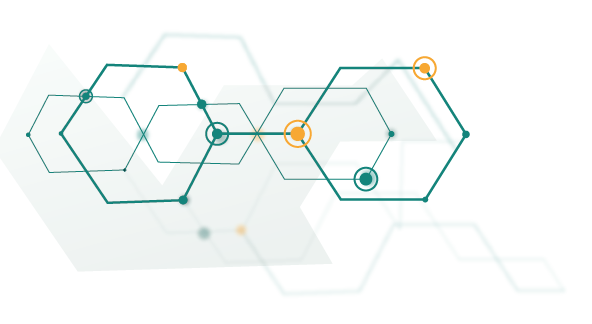Sessions in: Gender, Science and Technology
D.1 Practices of Care. Critical Perspectives in Technology Assessment for Sustainability Transformations
Sarah Katharina Hackfort1, Julia-Lena Reinermann2, Daniela Gottschlich3
1: Humboldt-Universität zu Berlin, Germany; 2: Fernuniversität Hagen, Germany; 3: Hochschule für Gesellschaftsgestaltung, Germany
With this session proposal, we want to explore practices of care in the assessment of technologies and their contribution to sustainability transformations.
This transformations only work if intersectional inequalities are addressed and overcome. Critical sustainability approaches such as Care, which has its roots in gender and feminist studies, offer a perspective to address these social dimensions. Existing work on care and technology politics highlights its potential to draw attention to issues often neglected in innovation theory or risk assessments–such as responsibility, relationality, contextuality, dependency, or power relations–and to caring institutions that regulate and govern social or technological innovations, political processes and everyday economic practices.
The session explores the value of concepts of care in highlighting and enabling alternative imaginaries of technologies and practices of technology assessment in sustainability transformations. Political projects for a sustainability transformation, such as the green economy, the bioeconomy, the circular economy, they have all been criticized for being too focused on economic growth and technological fixes. However, despite this legitimate criticism, some technologies already play an important role such as biotechnology in harnessing biomass as the main resource base of the bioeconomy or digital technologies in smart infrastructures for the renewable energy transition. While others are discussed as being highly potential in the future, e.g., genome editing, synthetic biology, biobanks, robotics, or precision farming.
Assessments centered around precaution and care are needed for existing and emerging technologies because of their risks and impacts on societies and nature are in part uncertain, unknown, and subject to varying degrees of controversy and conflict. Concepts of Care call for an acknowledgement of uncertainty and complexity, and a broadening of our understanding of appropriate technologies and their implications for other non-technological or low-technology approaches to maintain capacities for reproductivity. Care aim at a greater awareness of our relationality with nature, and a more precautionary economic and technological policy to meet the challenges of justice and sustainability.
The aim of this session is to present existing work and experience with care approaches to provide a new impetus for technology assessment in practice. The following questions could be addressed:
- How is care used as a lens, a political category, or a transformative principle to contribute to technology assessment? How can it contribute to more sustainable economies?
- What are empirical examples of how care goes beyond and add value to existing debates such as the precautionary principle or frameworks for responsible research and innovation?
- What are the achievements and constraints associated with this lens? And what potential deficiencies or unintended outcomes might arise from the application of this concept?
- How can concepts of care be used in practice to inform technology policies, governance processes and regulation on digitalization, artificial intelligence, genome editing etc. towards sustainability transformations?

D.2 Gender and Intersectionality in Technology and Innovation Research – The Practical Experience
Anita Thaler1, Sascha Fink2, Daniela Krainer2, Clemens Striebing3
1: IFZ Graz, Austria; 2: FH Kärnten, Austria; 3: IAO Fraunhofer, Germany
Already in 2011, the European Commission established an expert group ‘Innovation Through Gender’ and the ‘Gendered Innovations’ website collects various examples and tools. Since then, only in 2022, when Gender Equality Plans became a mandatory requirement and the “integration of the gender dimension into research and teaching content” was recommended, gender in research received attention in the research community beyond gender studies.
The Austrian research funding agency FFG started as a pioneer almost 20 years ago with its ‘FEMtech’ programme, which includes gender in research funding. The new European Research Area (ERA) addresses now (among others) the stronger inclusion of gender and ethics and highlights methods like knowledge creation. Furthermore, intersectionality is mentioned in the current work programmes and calls of Horizon Europe, for instance asking for health research, which includes gender and intersectional analyses, where relevant.
But how do technical research and innovation projects actually include gender dimensions?
In this session we are interested in methodological approaches for gender- and diversity-sensitive research, practical experiences, empirical evidence and evaluation results of case studies to showcase how gender and intersectionality actually can be integrated in technology and innovation research.
We explicitly invite inter- and transdisciplinary project teams, who are including gender and intersectionality in their research activities in the areas of digital technologies, mobility and aviation, energy and environment, industrial technologies, security research, space technologies, etc.
In our session, we want to foster a discussion about how gender and intersectionality can be practically integrated in research and innovation projects. We would like to share experiences, exchange good practices as well as challenges and failures to start a critical discourse on current projects and the next level of gendered innovations research.

